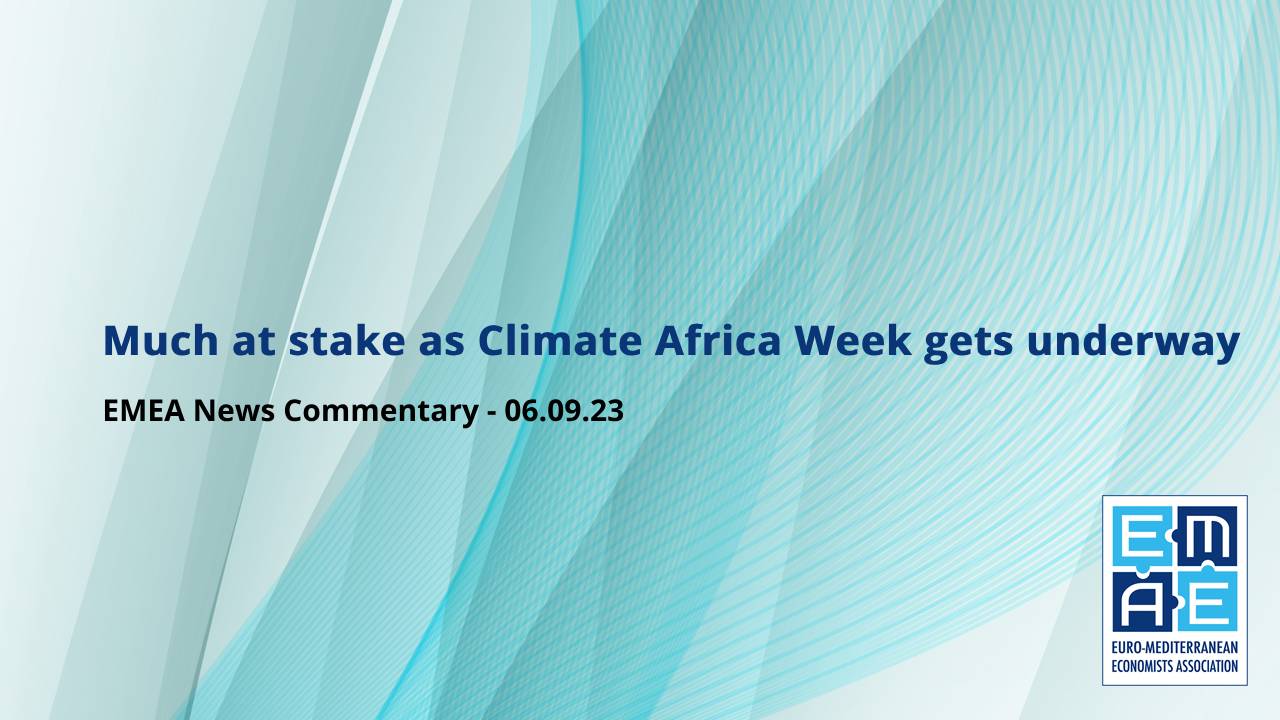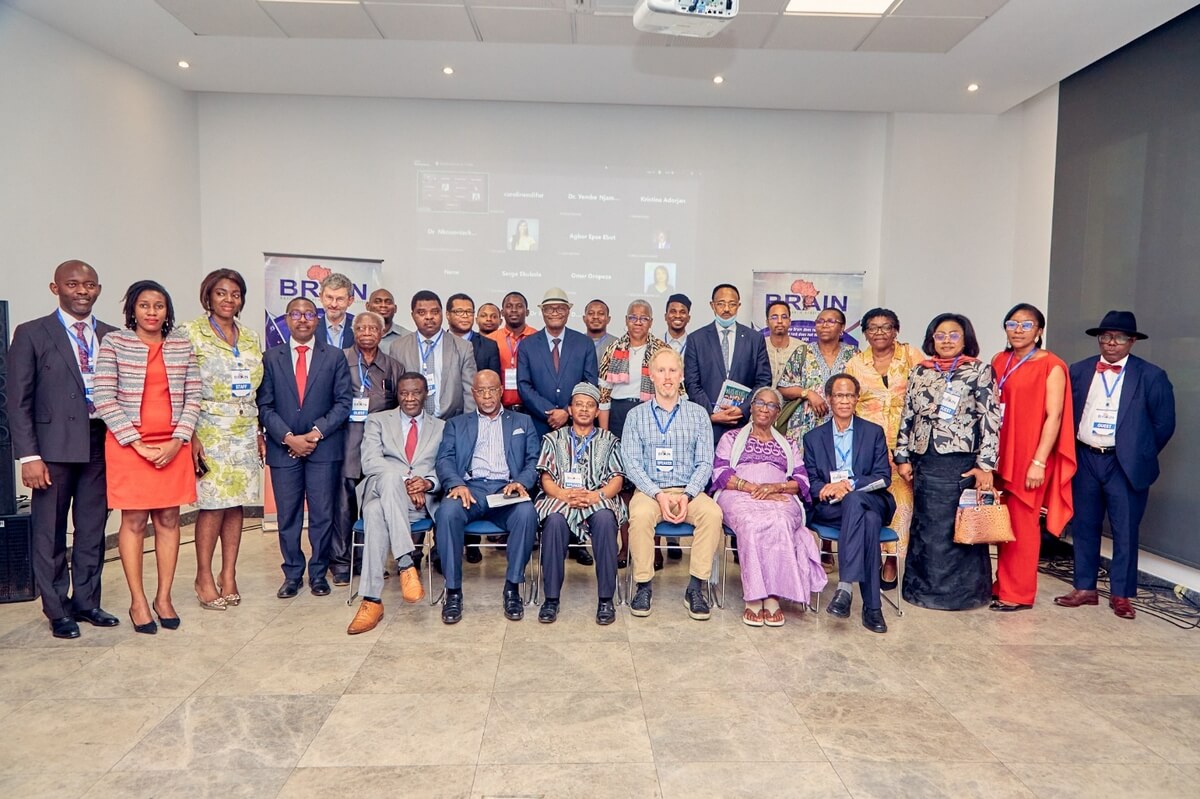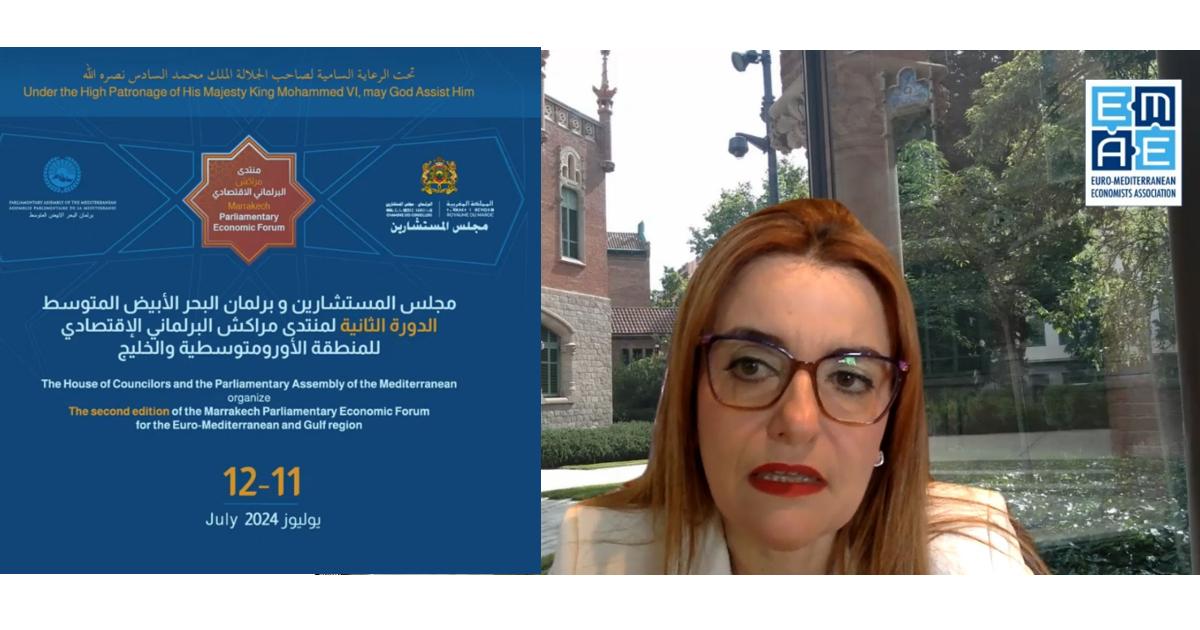This week sees the staging of the inaugural African Climate Action Summit in Nairobi, Kenya, with Heads of State looking to take a strong stand on how the continent is supported and financed, in the face of arguably the most pressing issue of our times.
At stake are the livelihoods of Africa’s 1.3 billion citizens, spread across 54 politically and economically diverse nations.
Africa wants to use the Summit (from September 4-8), which also incorporates Climate Week, to showcase the potential of green energy – but it needs external assistance to do this, whilst finding ways to reduce its crippling debt burden.
Hosted by the Kenyan Government and the African Union Commission, the first ministerial sessions got under way on Monday, with the youth voice featuring prominently. Outside attendees to the Summit include United Nations Secretary-General Antonio Guterres, the U.S. government’s climate envoy, John Kerry and EU chief, Ursula von der Leyen.
There is said to be frustration that Africa is being urged to develop in ever more greener ways, when it is other parts of the world that have been chiefly responsible for greenhouse gas emissions. Much support has been pledged for Africa but, to date, little has been forthcoming.
Kenya’s prominent role
Kenya, meanwhile, has attempted to set a good example, by stating it wants 100% of its electricity generated by renewable energy by 2030. It has also banned single use plastics. Set against this, the country has recently lifted a year-long ban on commercial logging – which has horrified environmentalists.
According to Reuters, Kenya now accounts for a quarter of the carbon credits traded in Africa. It hopes to be a model for Africa’s ambitions in the carbon credit market. It has also introduced legislation in an attempt to try to attract investment.
Kenyan President William Ruto said the Summit provided the continent with the opportunity to unite and to “refine its position” ahead of COP28 and “propel Africa to join the leadership of the global climate action”.
Western interests or African priorities?
It has been reported that more than 400 civil society organisations have signed an open letter claiming that the Summit’s agenda, which the global management consulting firm McKinsey helped shape, warning of “concepts and false solutions [that] are led by Western interests while being marketed as African priorities”.
Other campaigners said that if there was a genuinely African agenda to the Summit then it would have prioritised fossil fuel elimination – but this wasn’t mentioned in the Summit’s concept note.
Ahead of the flagship conference, a number of policy experts have been questioned about what they expect to come out of the historic event.
Lily Odarno, Director, Energy and Climate Innovation (Africa), Clean Air Task Force said Africa Climate Week needed to confront real issues head-on and strive to answer the following questions: “How can we transform the continent’s energy system whilst bringing energy access and development to all? How can we build a resilient financial architecture that can support the continent’s climate and development goals? How can we build effective systems of accountability to measure progress in climate action over time?”
David McNair, Executive Director for Global Policy at ONE, said the Summit provided an opportunity to tell a story of Africa being the protagonist in the transition to a green, sustainable and prosperous future. “If this summit started to unlock the hundreds of billions in investment needed to transform our energy system, it could also transform Africa’s economies and that would be a very good thing,” he stated.
Mavis Owusu-Gyamfi, Executive Vice President, African Centre for Economic Transformation, said any actions on climate finance needed to be paired with actions to ensure a fairer global financial system, “so that we can, once and for all, put to bed any competition between the climate and development agendas.” She said that when Africa spoke “with one voice” on an issue, it was “impossible for the rest of the world to ignore.”
Saliem Fakir, Executive Director, African Climate Foundation, said the Summit offered an opportunity “to provide a uniquely African lens to inclusion and equity, ensuring that the most vulnerable are not left behind.”
And Mohamed Adow, director of the think tank Power Shift Africa, said the conference was a chance to transform Africa into a place for making, rather than extracting, and rise above rivalries between China, the United States and Europe. “If it unites and uses this pivotal moment that we’re now in — we can effectively leapfrog dirty energy and become green leaders,” he was reported as saying.
What can be achieved before Cop28?
It is anticipated that the Summit will generate momentum ahead of a series of key international meetings leading up to November’s COP28 in the UAE. These include G20 negotiations in India, the UN General Assembly and the World Bank and International Monetary Fund annual meeting in Marrakesh.
A draft version of the final Climate Summit declaration placed spotlight on Africa’s vast renewable energy potential, young workforce and natural assets. It included a provisional commitment to triple renewable energy potential across the continent – from 20 percent in 2019 to 60 percent in 2030.
Meanwhile, in a position paper created by the World Wildlife Fund (WWF) entitled “Towards a Climate Resilient Africa”, the world’s leading conservation organisation have put forward a number of key requests, namely:
- Strengthened implementation of the new Nationally Determined Contributions (NDCs)
- Tangible Financial Commitments
- An active phasing out of Fossil Fuels
- Operationalisation of the Loss & Damage Fund
- Strengthening of the climate-nature narrative and recognition of the role of nature-based solutions in mitigation and adaptation
- Recognition of Africa’s special needs and special circumstances
And in a Declaration by the Africa Youth Climate Assembly (AYCA), the official youth engagement mechanism of the Africa Climate Summit has put forward a number of resolutions and recommendations imploring leaders to engage younger people in the climate debate and in climate governance.
Mounting debts, continuing political uncertainty
Reminders of Africa’s instability have been evident during the last month, with a military takeover and a coup in Niger.
A clean energy transition across the world’s developing nations will be crucial in order to keep alive the Paris Agreement goal of capping global warming “well below” two degrees Celsius. For that to happen, the International Energy Agency (IEA) says investment will need to surge to $2 trillion a year within a decade – an eight-fold increase.
But currently only about three percent of energy investments worldwide are made in Africa. Globally, wealthy nations have yet to meet their pledge to provide $100 billion a year by 2020, in climate finance to poorer nations.
Against this unpromising background, African countries are hamstrung by a mounting debt crisis. According to the World Bank, of nine countries that in March were in debt distress, eight were in Africa, which is hampering global climate and biodiversity efforts, as well as being a barrier to resilience. Since 2010, public debt has doubled in Africa.
Graca Machel, a Mozambique politician and humanitarian, said rich nations needed to pour climate funds into Africa – for everybody’s sake. The Summit “must be a moment of profound solidarity, meaningful action and shared commitment to a cleaner, greener and more just and prosperous world for all.”
View(s) from Africa: What’s at stake at Africa Climate Week? | African Arguments
African climate summit seeks to showcase green power potential (france24.com)
African climate summit seeks to shift focus to finance from floods, famine | Reuters
wwf-africa-position-paper-africa-climate-week-and-africa-climate-summit.pdf





